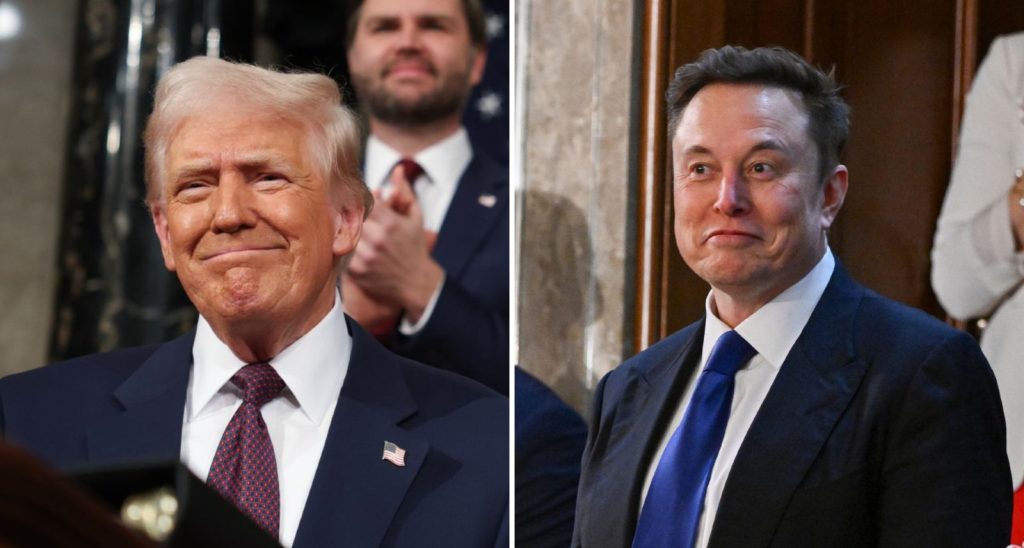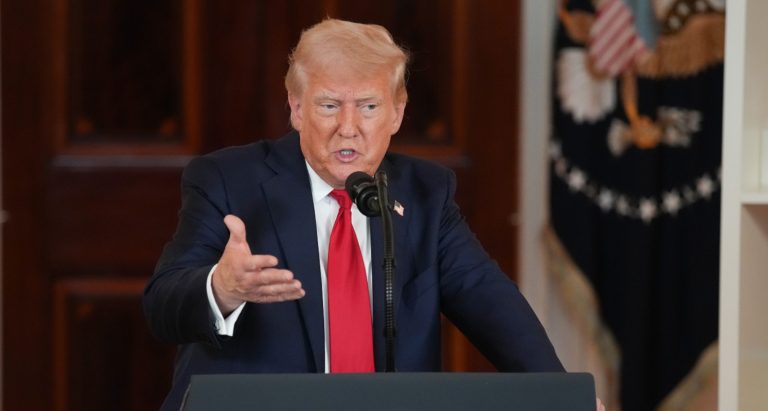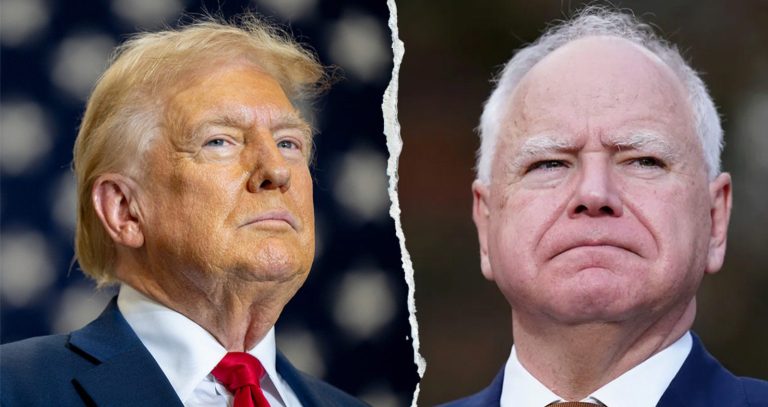
After Elon Musk resigns, the Department of Government Efficiency is anticipated to be run by President Donald Trump’s top budget officer.
According to the Wall Street Journal, Russell Vought, director of the White House Office of Management and Budget, will soon assume a large portion of DOGE’s responsibilities, including reclassifying federal employees, collaborating with Congress to recover funds, and advancing his proposed 2025 budget, which would drastically cut government funding.
As Musk’s less well-known ally, he has already commended his department’s efforts to cut federal regulations, pointing out that President Trump has promised to remove 10 regulations for every one that is in place.
Vought was a major contributor to Project 2025, a hardline conservative manifesto that Democrats say is a blueprint for Trump’s second term, so they will undoubtedly be incensed by the selection.
It called for the Department of Homeland Security to be abolished and for Social Security and Medicare to be drastically reduced. Despite Trump’s efforts to distance himself from the manifesto, it was widely denounced by left-leaning voters in the lead-up to the presidential election.
Nevertheless, Trump appointed Vought as his chief fiscal officer, and he is expected to implement Musk’s drastic federal agency cuts, which have led to massive protests as whole departments have been shut down.
In accordance with an executive directive issued in February directing heads of government agencies to start rescinding “unlawful rules,” DOGE is anticipated to concentrate on regulatory reduction in the next months.
Schedule F, an executive order that Trump signed during his first term that removed employment protections for thousands of high-level federal workers, is another topic that Vought is expected to concentrate on. The edict was halted by the Biden administration, but once Trump returned to office in January, he reinstated it.
It is also expected that the director of OMB will call on Congress to take action on Trump’s $9.3 billion rescission package, which aims to recover funds from PBS, the State Department, USAID, and National Public Radio.
However, his efforts to reduce the federal budget have made him a target for his fellow Republicans.
Vought disagrees with Defense Secretary Pete Hegseth because he has made it his goal to curtail growth in military spending.
In contrast to Vought’s proposal, which would keep military expenditure at current levels, increases in spending would only be made possible via a procedure called budget reconciliation.
Congressional Republicans, meanwhile, were shocked by the White House proposal and believed Hegseth had assured them that military spending would increase once again in the next budget.
According to the Journal, they now fear that the military would be left short in the long term if they simply get a one-time boost via the reconciliation process, and they hold Vought accountable for the disparity.
The budget director has previously expressed his desire to thwart Democrats’ attempts to attain parity, which calls for raising domestic spending to equal rising military expenditures.
The Journal claims that Vought favors increasing military spending since it can be accomplished via the reconciliation process as opposed to the budget process.
His first budget proposal called for a $163 billion cut to discretionary spending on nondefense.
But the plan also recommended using reconciliation to add around $120 billion to existing laws.
The budget director has previously expressed his desire to thwart Democrats’ attempts to attain parity, which calls for raising domestic spending to equal rising military expenditures.
The Journal claims that Vought favors increasing military spending since it can be accomplished via the reconciliation process as opposed to the budget process.
His first budget proposal called for a $163 billion cut to discretionary spending on nondefense.
But the plan also recommended using reconciliation to add around $120 billion to existing laws.




